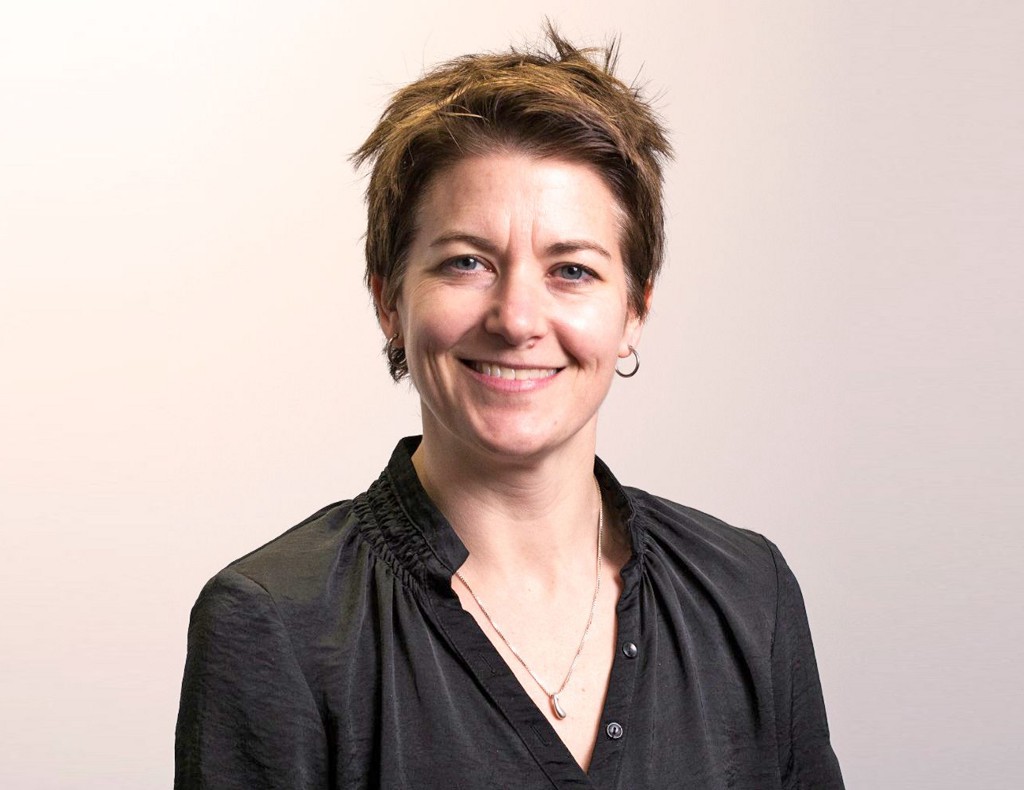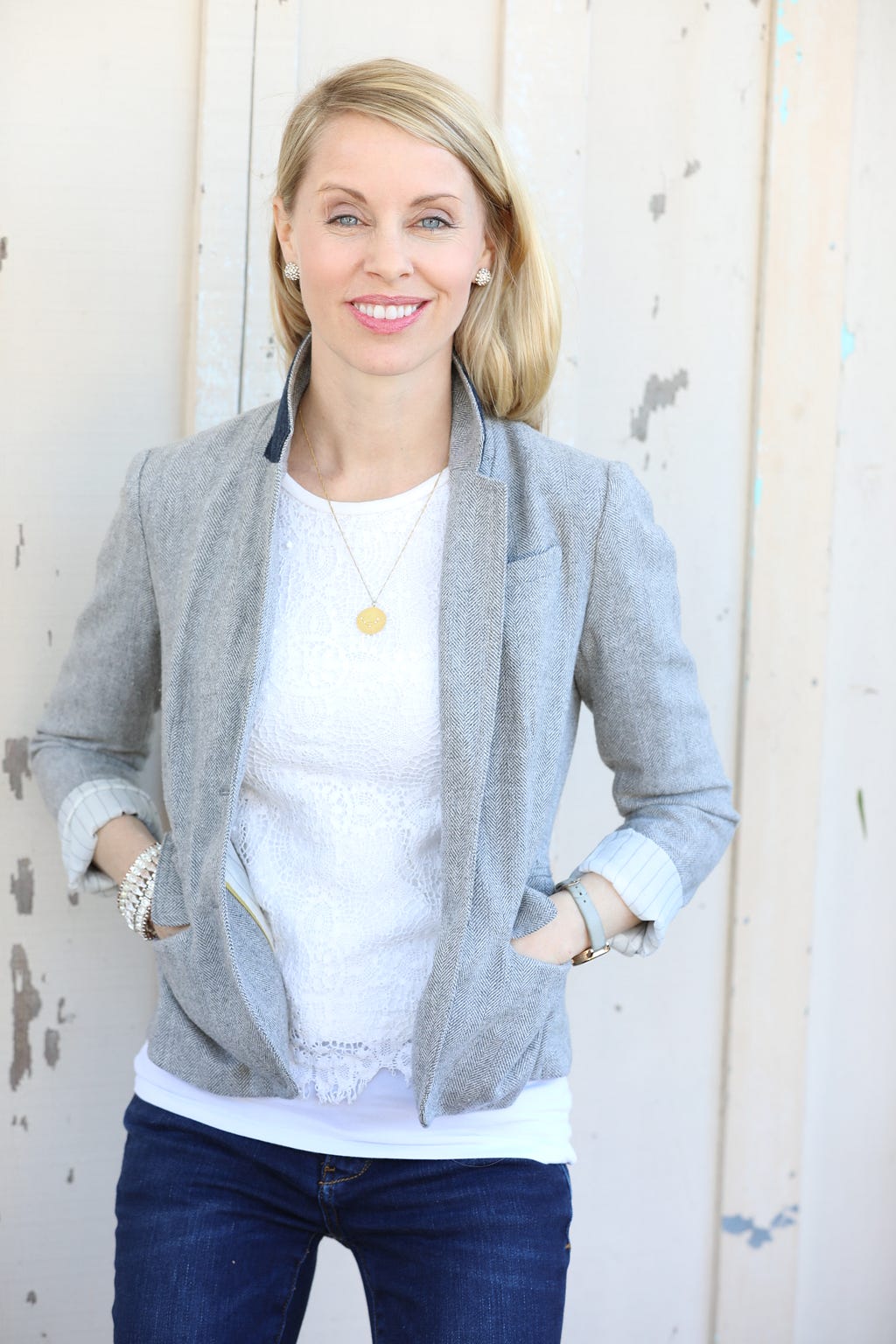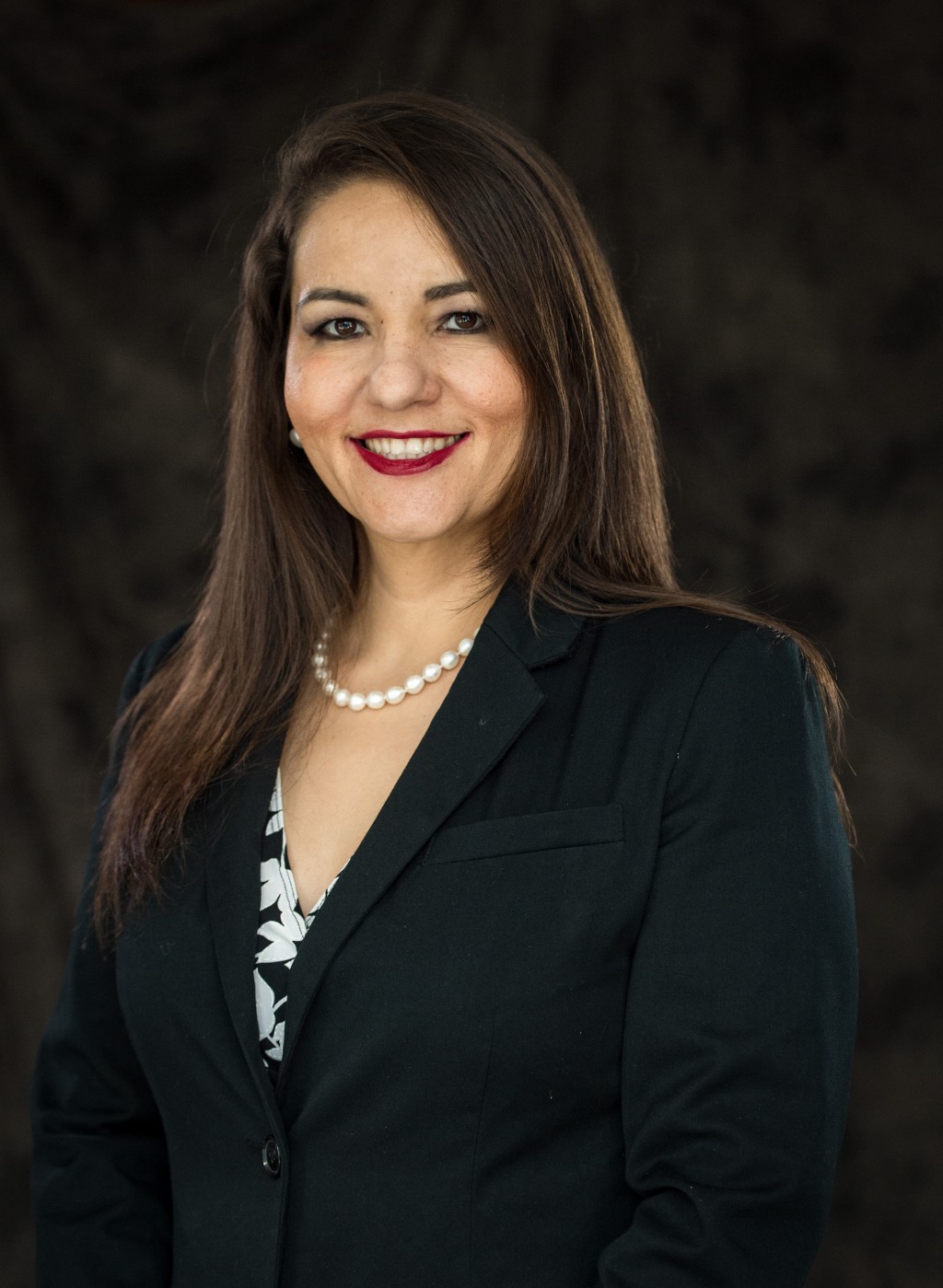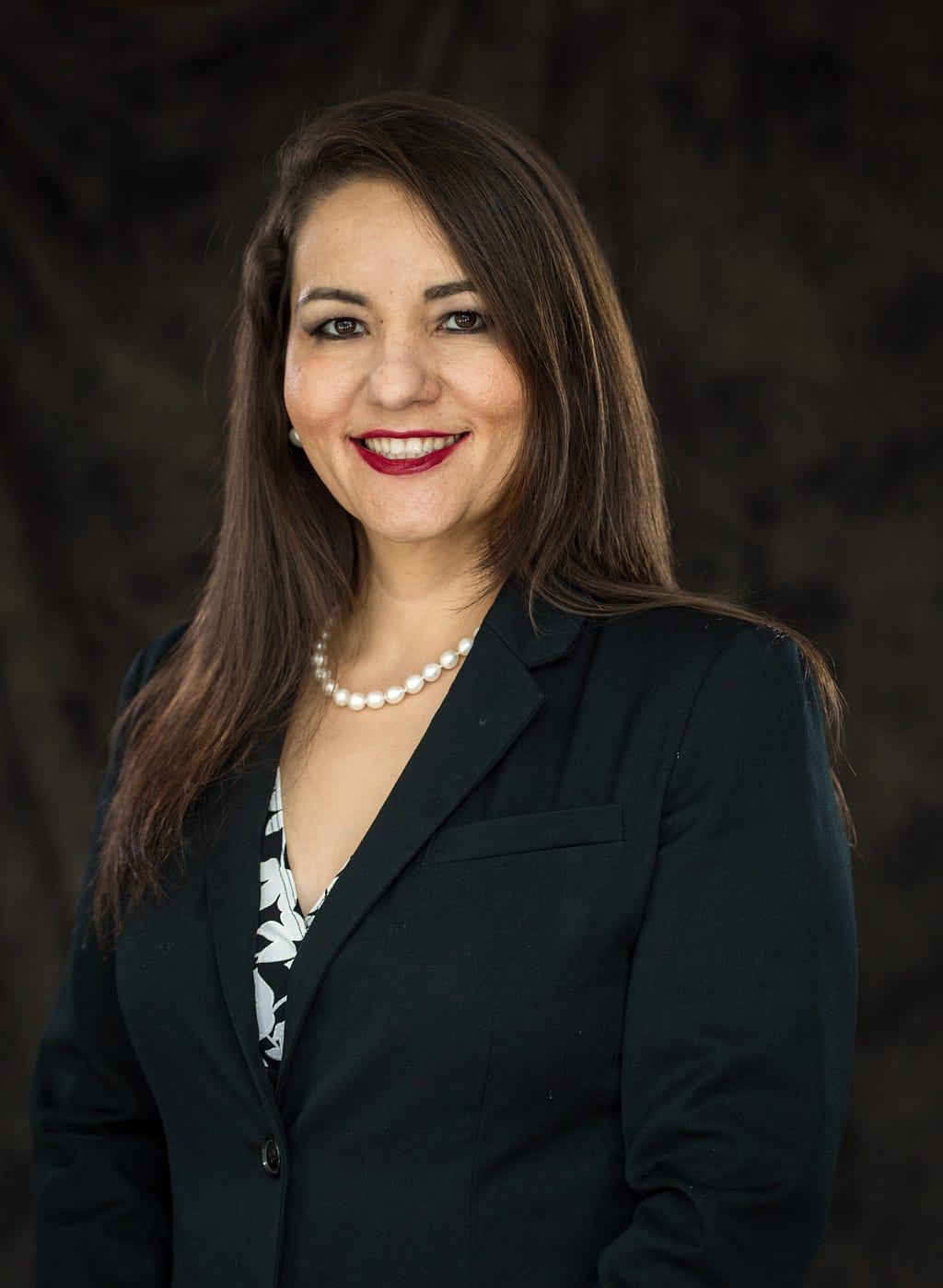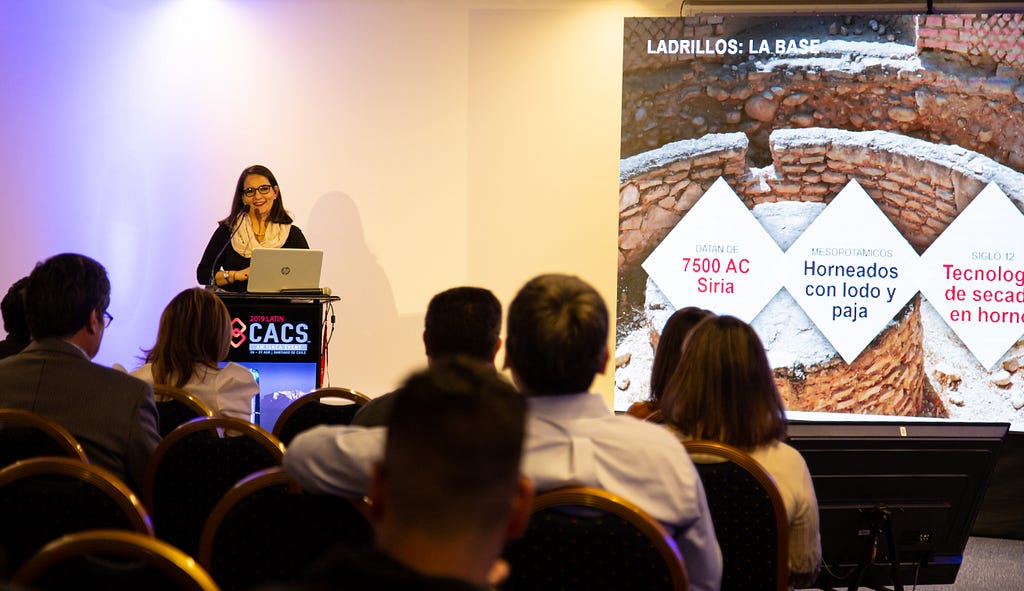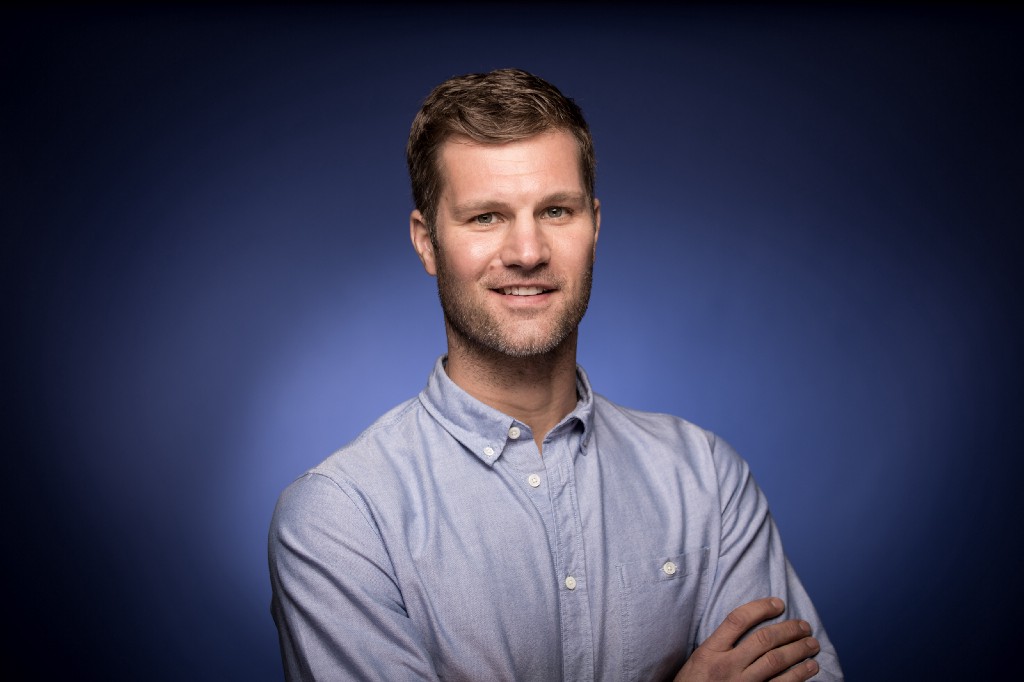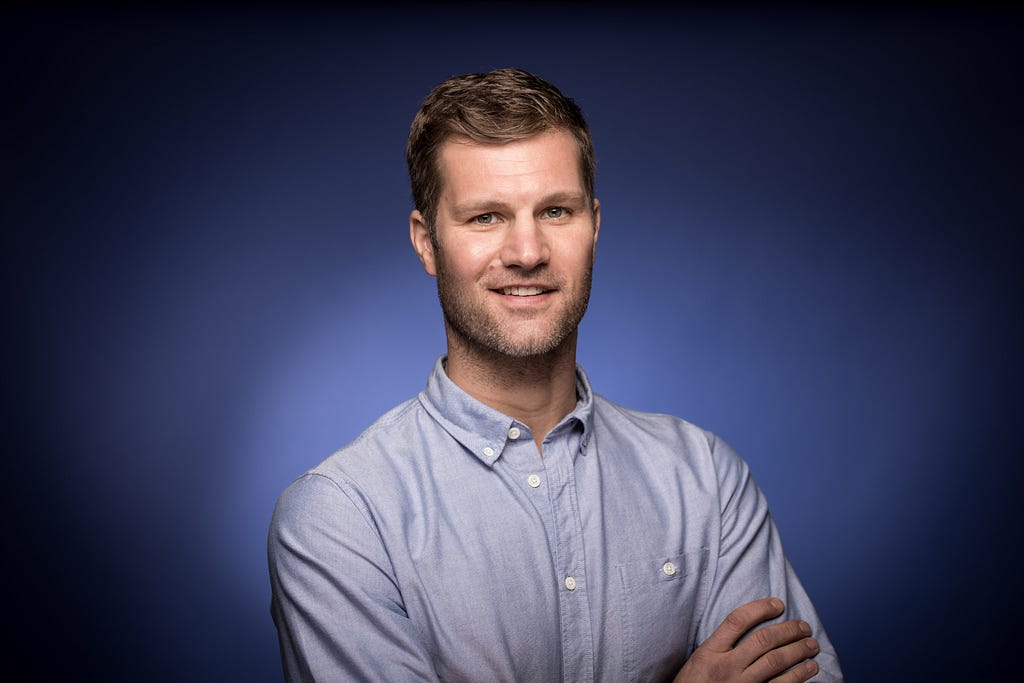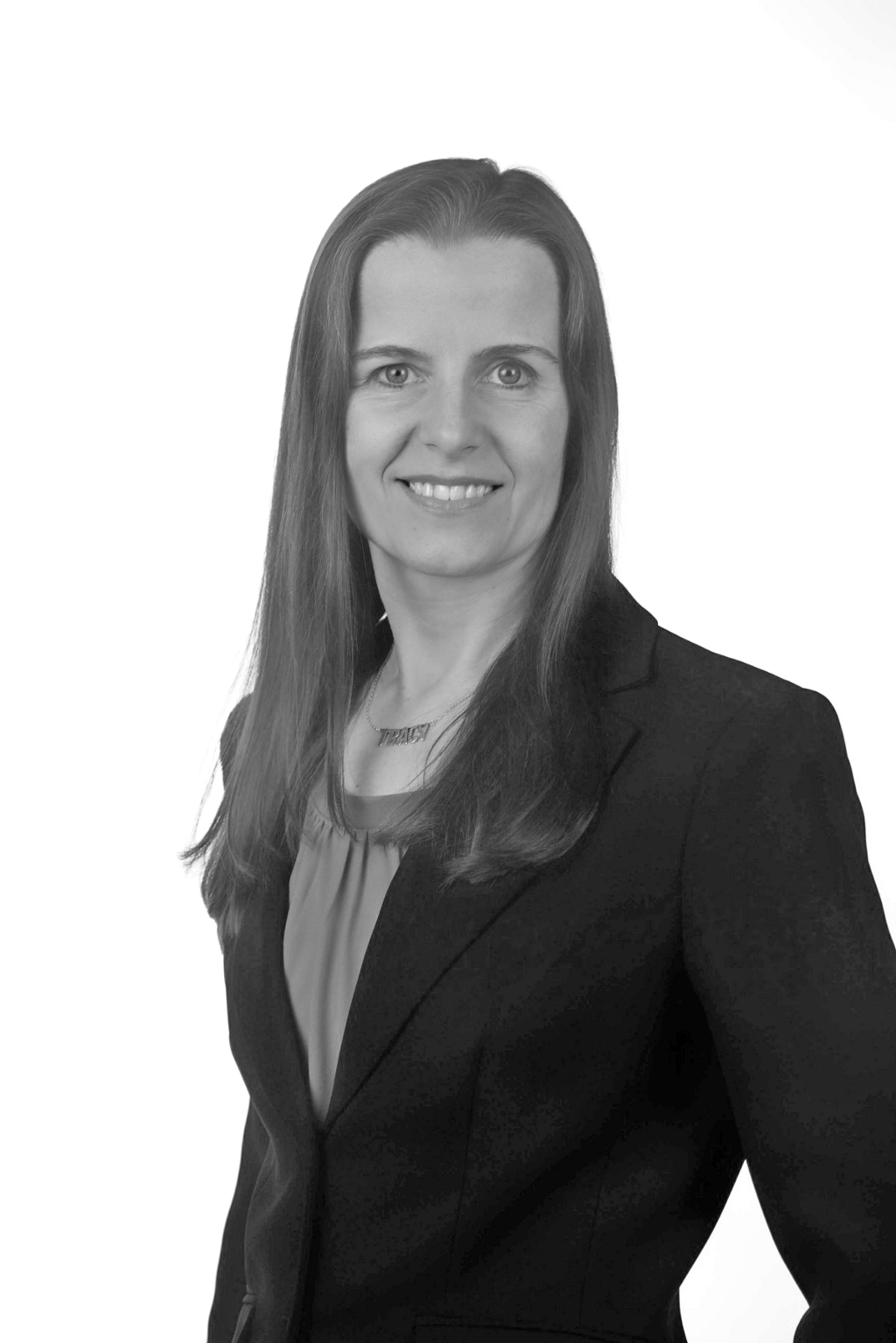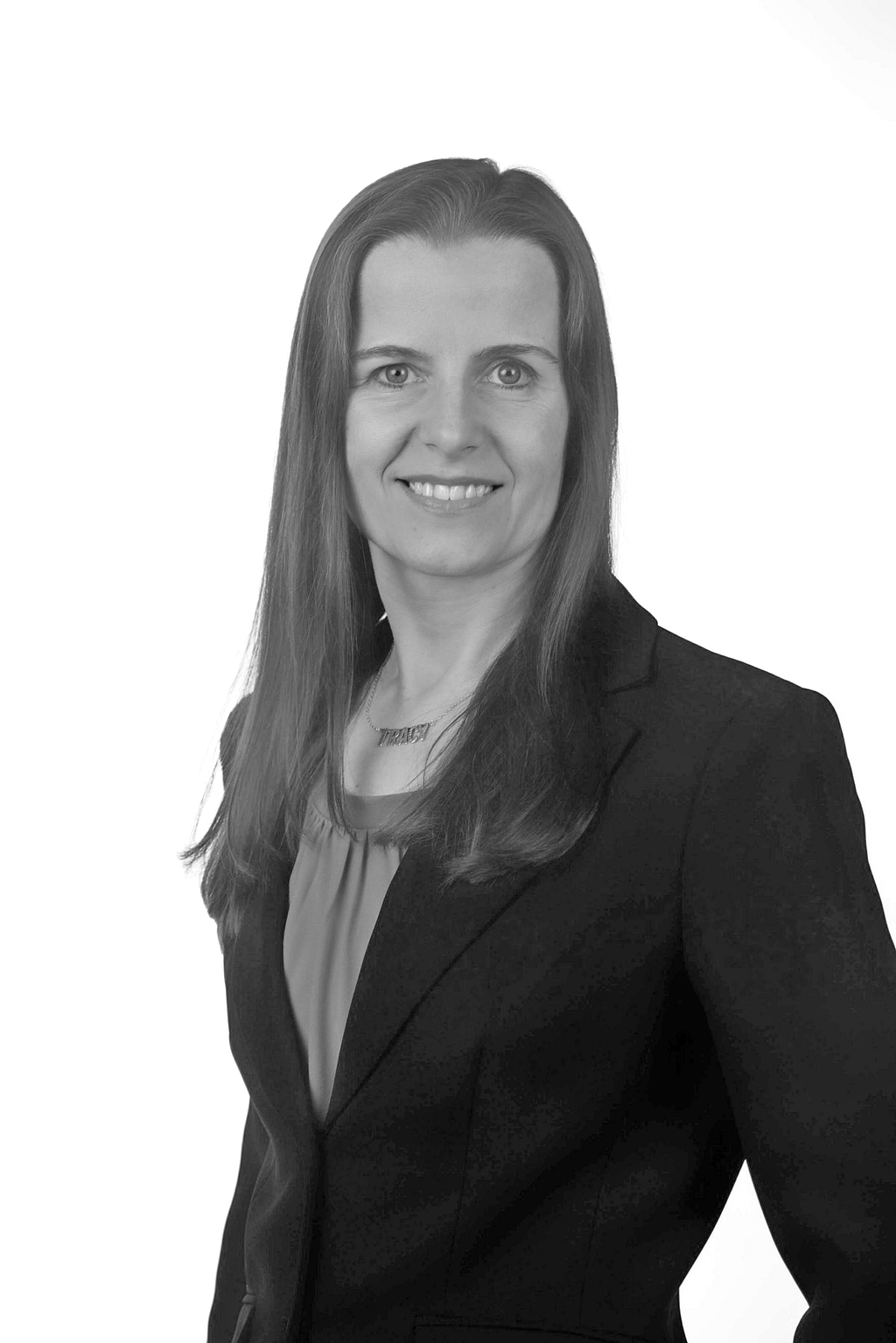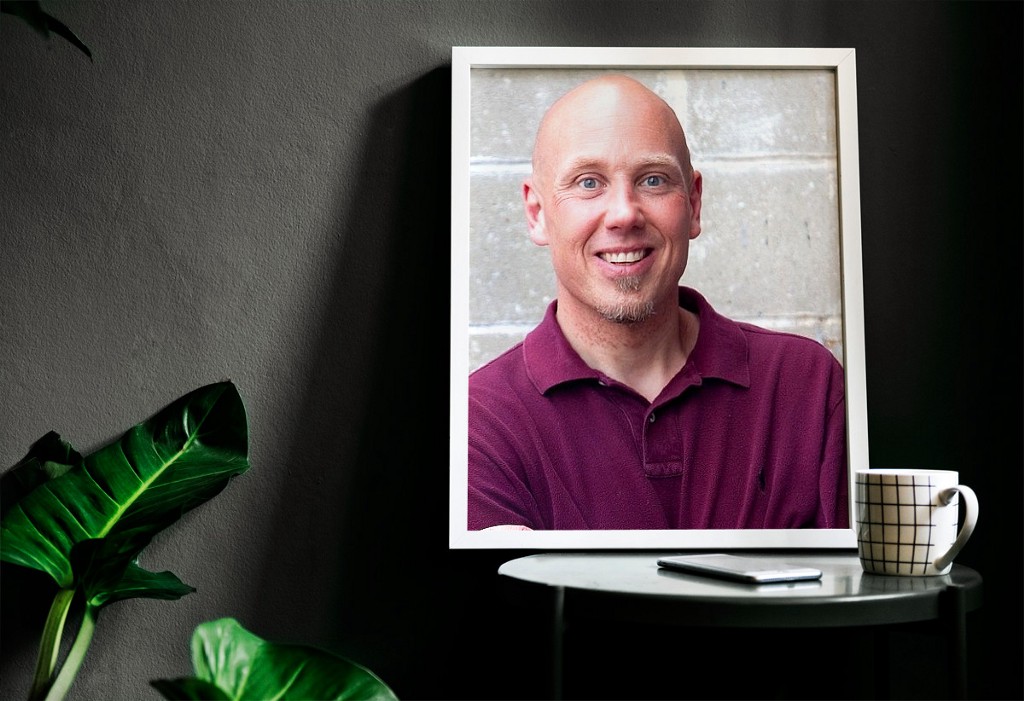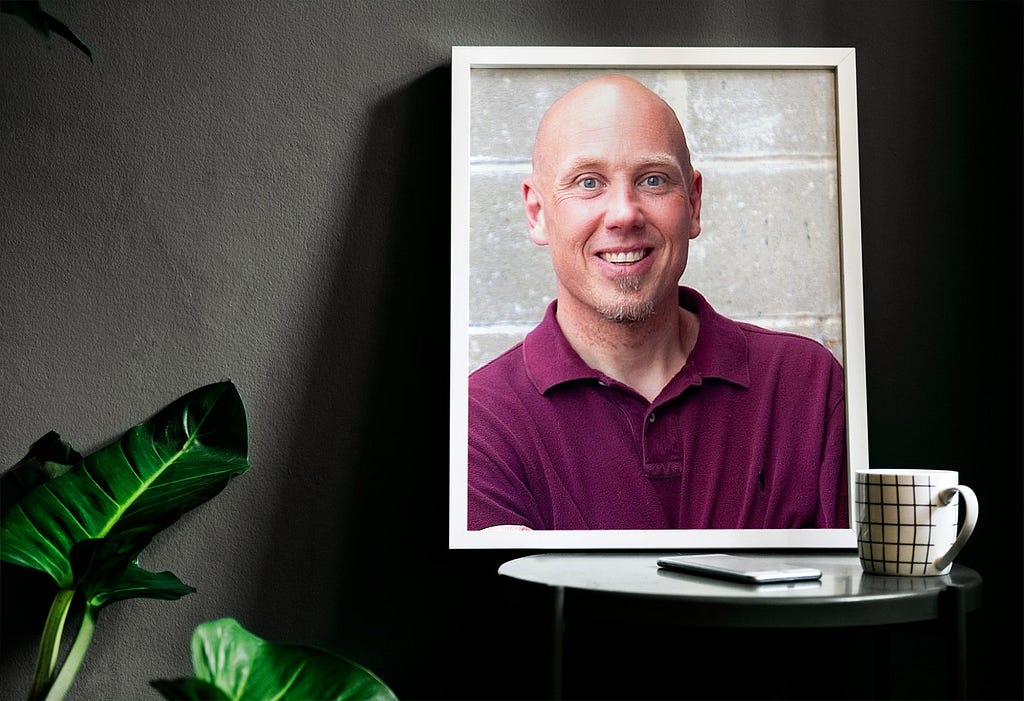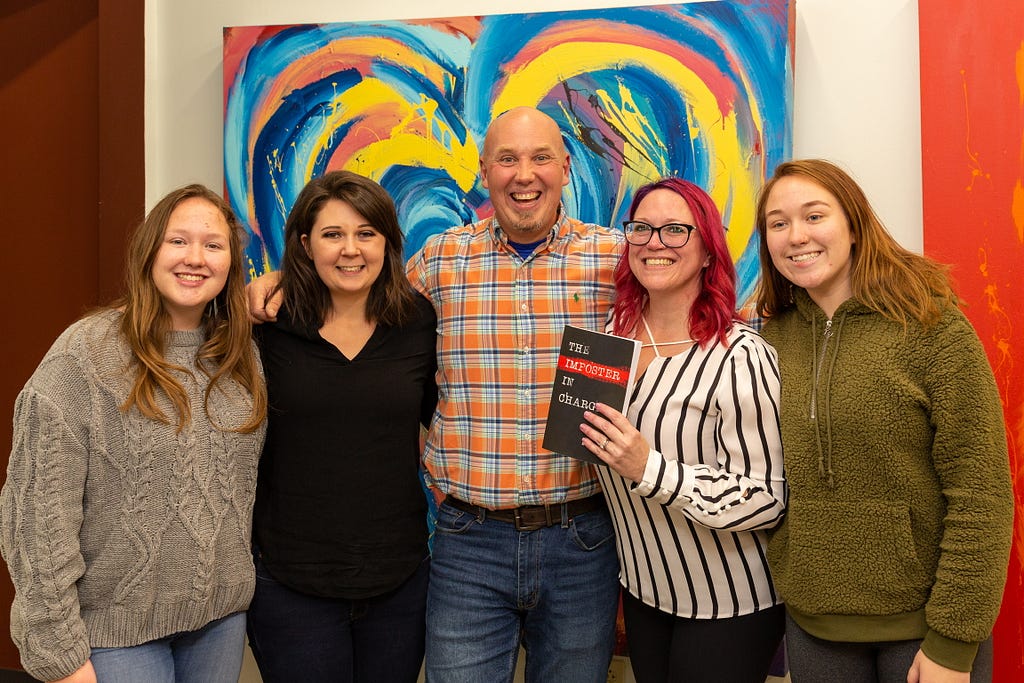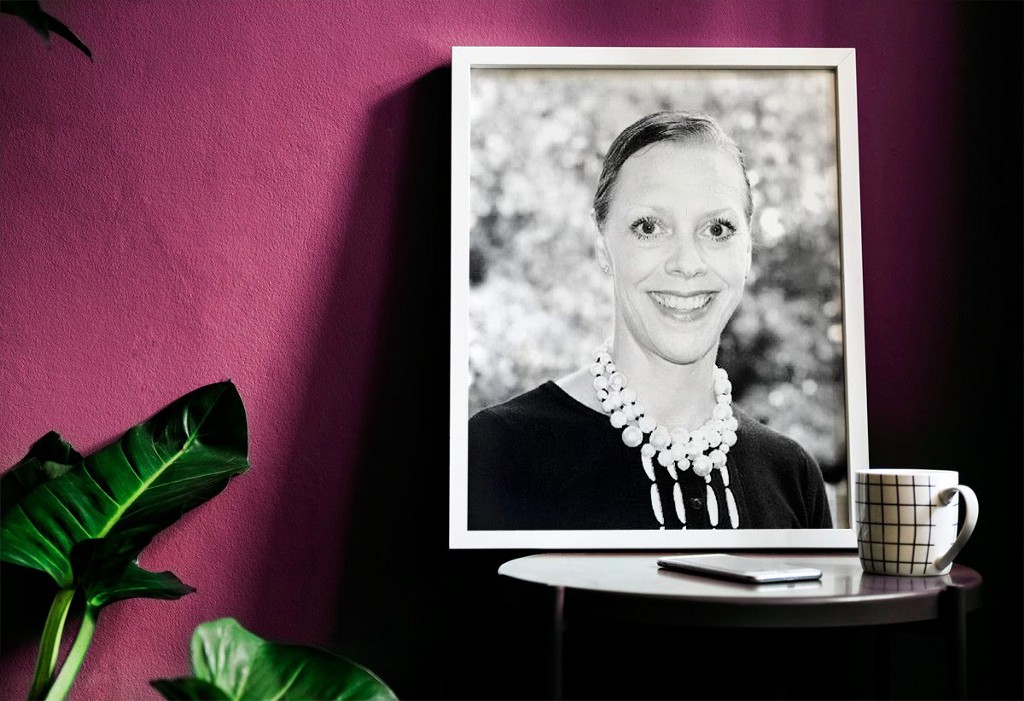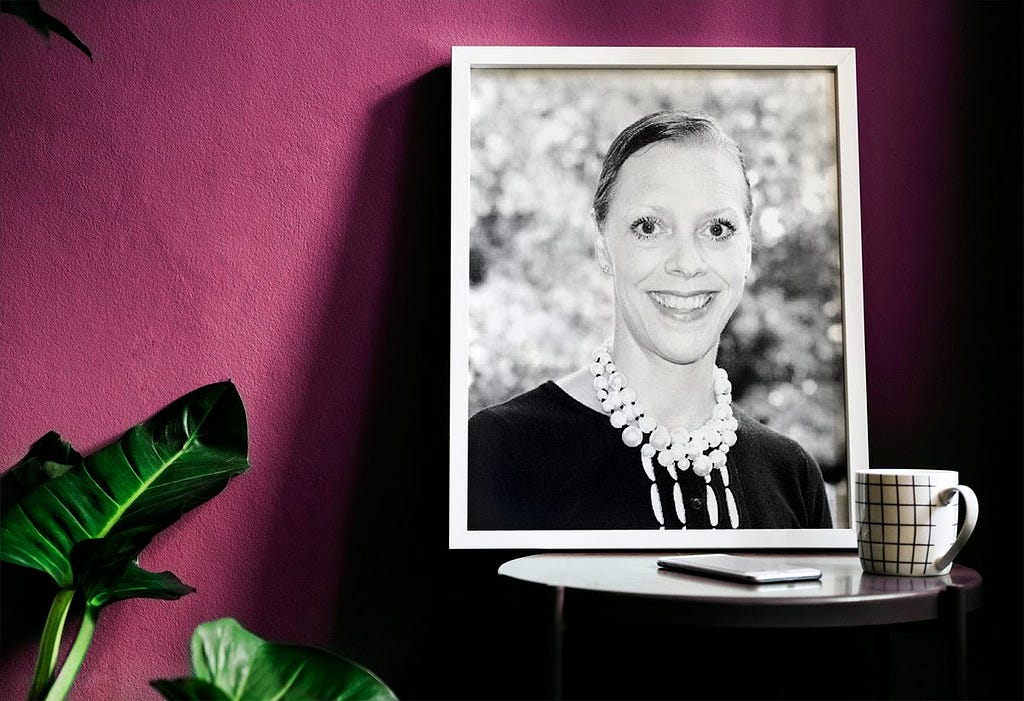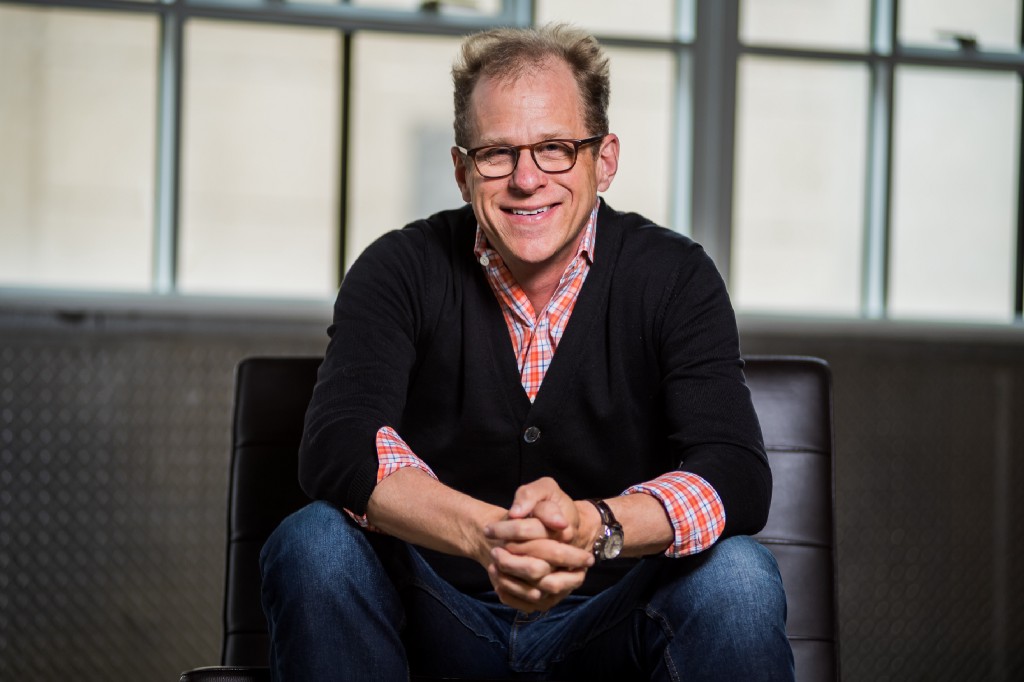“How I Was Able To Thrive Despite First Experiencing Impostor Syndrome” With Sandy Slager of Skye Learning
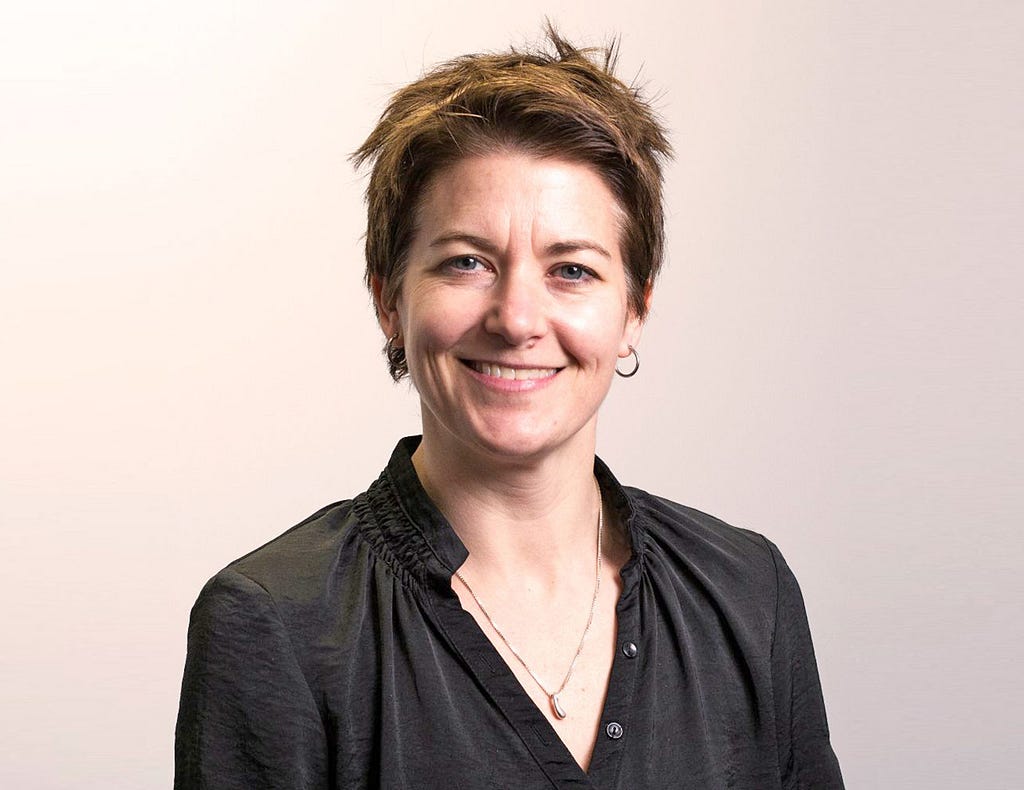
Managing feelings of inadequacy is a part of life. I would guess most people experience moments where they feel they don’t deserve what they have. There are many tools that one can use to shake off imposter syndrome. Some tools would ideally span each day, such as mentoring. Whereas other tools are very project or task specific, but choosing the right tool for the issue is important. For instance, when I was in business school, I leaned on my mentor for guidance and occasional confidence boosts, but within the day-to-day feelings of inferiority, I found it helpful to remind myself that my experiences are different, not lesser than others in the classroom. I also clearly defined success in the classroom, which for me did not mean being at the top of the class, but rather ensuring I built positive relationships with my classmates and learned as much as I could from their unique experiences.
I had the pleasure to interview Sandy Slager. Sandy is the President of Skye Learning, and Chief Operating Officer of MindEdge Learning, founded in 1998 and based in Waltham, MA.
Thank you so much for joining us Sandy! Our readers would love to “get to know you” a bit better. Can you tell us a bit about your ‘backstory’?
I have been with MindEdge Learning, and now Skye Learning, for over 20 years. In the world of edtech and online education, that’s many lifetimes. I started in the industry in 1998 and grew professionally as the company grew. These days this is a very unusual career path, but I always found new challenges, new beginnings, and new opportunities within the strategic shifts that MindEdge has executed over the years. And now, there’s never been a more exciting time in online education. I attended Union College for undergrad and Boston University for my MBA. Aside from my work at MindEdge and Skye Learning, I am a twin-mom to two girls. I love writing, cooking, and photography in my down time.
Can you share with us the most interesting story from your career? Can you tell us what lessons or ‘take aways’ you learned from that?
The most interesting part of my career has, ironically, had little to do with my career. For me, the transition into being a working parent has been the most challenging and the most rewarding part of my career. Not only did it force me to address work-life balance head-on, but it also gave me a perspective on work that I never had before. I have become more efficient, more effective, and more engaged in my work since having children. This is an unexpected outcome for me, needless to say, and I’m still slowly uncovering the nuances of similarities between these two lives.
What do you think makes your company stand out? Can you share a story?
MindEdge’s mission is to improve the way the world learns. Since our founding by Harvard and MIT educators in 1998, we have served nearly two million learners. MindEdge has been producing online courses and building relationships with professional credentialing authorities for more than twenty years. Skye Learning, a division of MindEdge, is an online learning destination helping professionals and new graduates future-proof their skillset in a changing world of work. Both MindEdge and Skye Learning approach continuous education from a unique perspective with annual surveys that deep-dive into the topics that matter most to today’s modern workforce, including the future of work, digital literacy, job burnout, and the importance of credentials. By exploring these insights, we are able to better understand employees’ challenges and desires in order to provide them with an online learning option that best fits their needs.
MindEdge and Skye operate with an extremely clear learner-first approach. Learner feedback is taken very seriously by the entire company, from senior management to editorial staff and sales team members. MindEdge’s focus on continuous improvement means that courses are reviewed and updated on a regular basis.
None of us are able to achieve success without some help along the way. Is there a particular person who you are grateful towards who helped get you to where you are? Can you share a story?
The current CEO of MindEdge, Jefferson Flanders, has been a steady mentor and supporter over the last 20+ years of my career. His mentoring and guidance have been instrumental in helping me overcome instances of imposter syndrome over the years. It can be incredibly beneficial to be mentored by a person who has a different background, career path, and framing on business than you do. Confirmation bias can be powerful, so ensuring that you’re approaching challenges and solutions through a different lens is an important part of individual career growth. Of course, having a mentor to remind you of your strengths during moments of failure is critical in building professional confidence.
We would like to explore and flesh out the experience of Impostor Syndrome. How would you define Impostor Syndrome? What do people with Imposter Syndrome feel?
Throughout my career, I have seen many women — including myself — experience feelings of inadequacy and self-doubt despite years of experience, education, and senior titles. This pervasive issue even runs into the home as I am raising two young girls, making me a confidence ambassador for more than just colleagues. However, imposter syndrome can manifest in individuals in different ways. With this in mind, I have worked through my own techniques and methods for beating imposter syndrome over the years, and now make it a point to work with my younger staff on how to maintain an appropriate and reasonable confidence-level with all types of career successes and failures, working in personal nuance along the way.
To overcome imposter syndrome, people not only need emotional support but also a tactical set of tools to help them feel more confident in their individual skill development. Approaching imposter syndrome on a case-by-case basis helps to ensure that the support a mentor is providing to overcome it appropriately maps back to the needs of the individual.
What are the downsides of Impostor Syndrome? How can it limit people?
Imposter Syndrome hinders a worker’s ability to feel confident about the work they are producing. An outstanding downside to this effect is how it makes hard work feel worthless, which further deteriorates a person’s motivation and can lead to job burnout. Our 2nd Annual Work Confidence Study discovered that job burnout is so widely felt that nearly 75 percent of workers experience the increasingly prevalent medical condition. More, workers are overall less confident that they’ll be able to hold on to their current jobs with just 82 percent reported they are confident they’ll still be employed in a year’s time, a number that is down from 93 percent in 2018.
Feeling insecure at work can cause a person shy away from new challenges. I believe that this feeling ultimately impacts the workplace, leaving considerable untapped potential. It behooves business leaders to coach employees through such matters with an effective approach to resolve these challenges.
How can the experience of Impostor Syndrome impact how one treats others?
Anytime someone is feeling insecure internally, it can impact how they treat others. In some cases, you might be short or otherwise non-communicative. In other cases, you could come across as defensive or aggressive. Recognizing that you are insecure in your own right as a first step goes a long way toward equalizing your fears and even admitting it out loud. For instance, by saying out loud, “I don’t feel qualified to make this call” can only be powerful when you follow it up by actually making the call with “I don’t feel qualified to make this call, but here’s what I think anyway.” In a scenario like this, business leaders can be a critical for encouragement and reinforcement to help support employee confidence and overcome the side effects of imposter syndrome, positively impacting their entire organization.
We would love to hear your story about your experience with Impostor Syndrome. Would you be able to share that with us?
In my experience, imposter syndrome is not a one-time event, nor is it persistent in every day or two. I have fleeting moments where I fear I have gotten lucky or been granted promotions or accolades for reasons that are not related to my talents. One of the worst instances of imposter syndrome I felt was actually during business school. Working for a small company for my whole career, I suddenly found myself having case discussions with people whom I felt were much more experienced and much more “worthy” of sharing their expertise than I was. It affected my confidence in contributing in class and how I performed on assignments. Ultimately, I had to work twice as hard to not only complete projects and tasks but also on coach my confidence up along the way.
Did you ever shake the feeling off? If yes, what have you done to mitigate it or eliminate it?
Managing feelings of inadequacy is a part of life. I would guess most people experience moments where they feel they don’t deserve what they have. There are many tools that one can use to shake off imposter syndrome. Some tools would ideally span each day, such as mentoring. Whereas other tools are very project or task specific, but choosing the right tool for the issue is important. For instance, when I was in business school, I leaned on my mentor for guidance and occasional confidence boosts, but within the day-to-day feelings of inferiority, I found it helpful to remind myself that my experiences are different, not lesser than others in the classroom. I also clearly defined success in the classroom, which for me did not mean being at the top of the class, but rather ensuring I built positive relationships with my classmates and learned as much as I could from their unique experiences.
In your opinion, what are 5 steps that someone who is experiencing Impostor Syndrome can take to move forward despite feeling like an “Impostor”? Please share a story for each.
Understanding these five statements can help a person begin to take control and reconcile with the effects of imposter syndrome:
1. You’re not superhuman, and you don’t have to be.
Setting reasonable expectations for yourself is, I believe, the first step toward self-acceptance. Anyone would or could feel like an imposter if they set the achievement bar too high to reach.
2. Seek out a mentor and become a mentor for someone else.
Mentoring from someone who knows you can be a huge confidence boost. Listening to what someone says, as they watch you from the outside, is usually very different than how you see yourself.
3. Define success at the beginning, and don’t move the goalposts.
By defining failure and success at the start of a task or project, and by not moving the goalposts you’ve set, you stand a better chance of being pleased with the outcome. This is certainly the foundation of building confidence in yourself and your work. For instance, if you decide at the start of a project that at the one-month mark you should have completed a list of five things, and you accomplish that goal, take a moment and dare to be proud of yourself.
4. Build your confidence with credentials and education.
If you have a seat at the table, it’s highly likely you’ve earned it. If you feel insecure about your knowledge or experience, shoring up your education and training is one way to help build your confidence. Leave yourself no reason to doubt you deserve to be there. I found myself deep into a career in business management with pretty fierce self-doubt, and I quickly realized I needed to get an MBA in order to build my confidence sufficiently. In other cases, it could be as simple as a certificate program or course work.
5. Remember, you’re not alone!
Imposter syndrome disproportionately affects qualified people. So, if you feel like you suffer from imposter syndrome, it’s important to remember that you are not alone. When I open up and seek feedback from colleagues, I’m always surprised at how top-of-mind these confidence issues are to those around me, too.
If you could inspire a movement that would bring the most amount of good for the greatest amount of people, what would that be? You never know what your idea can trigger.
I would inspire a climate change awareness and prevention movement via a global tree planting initiative. Planting trees is a very simple and straightforward way to curb climate change, and if everyone planted one additional tree in their yard, I think the world would breathe a theoretical sigh of relief.
Is there a person in the world, or in the US, with whom you would love to have a private breakfast or lunch, and why?
I would love to share a meal with Madeleine Albright, former US Secretary of State and Ambassador to the United Nations. Secretary Albright has always been a fascinating political figure to me. She and her family immigrated from Czechoslovakia when she was 11 years old, and she eventually rose to become the first female Secretary of State for the United States. Her confidence appears to be unwavering from the outside, but I would actually love to discuss imposter syndrome with her to understand if she was ever affected and how she managed to handle it. Secretary Albright is also a twin mom of two girls, as I am, and I think we could share some laughs over what it’s like to raise twin daughters.
How can our readers follow you on social media?
Follow me on LinkedIn.
“How I Was Able To Thrive Despite First Experiencing Impostor Syndrome” With Sandy Slager of Skye… was originally published in Authority Magazine on Medium, where people are continuing the conversation by highlighting and responding to this story.


